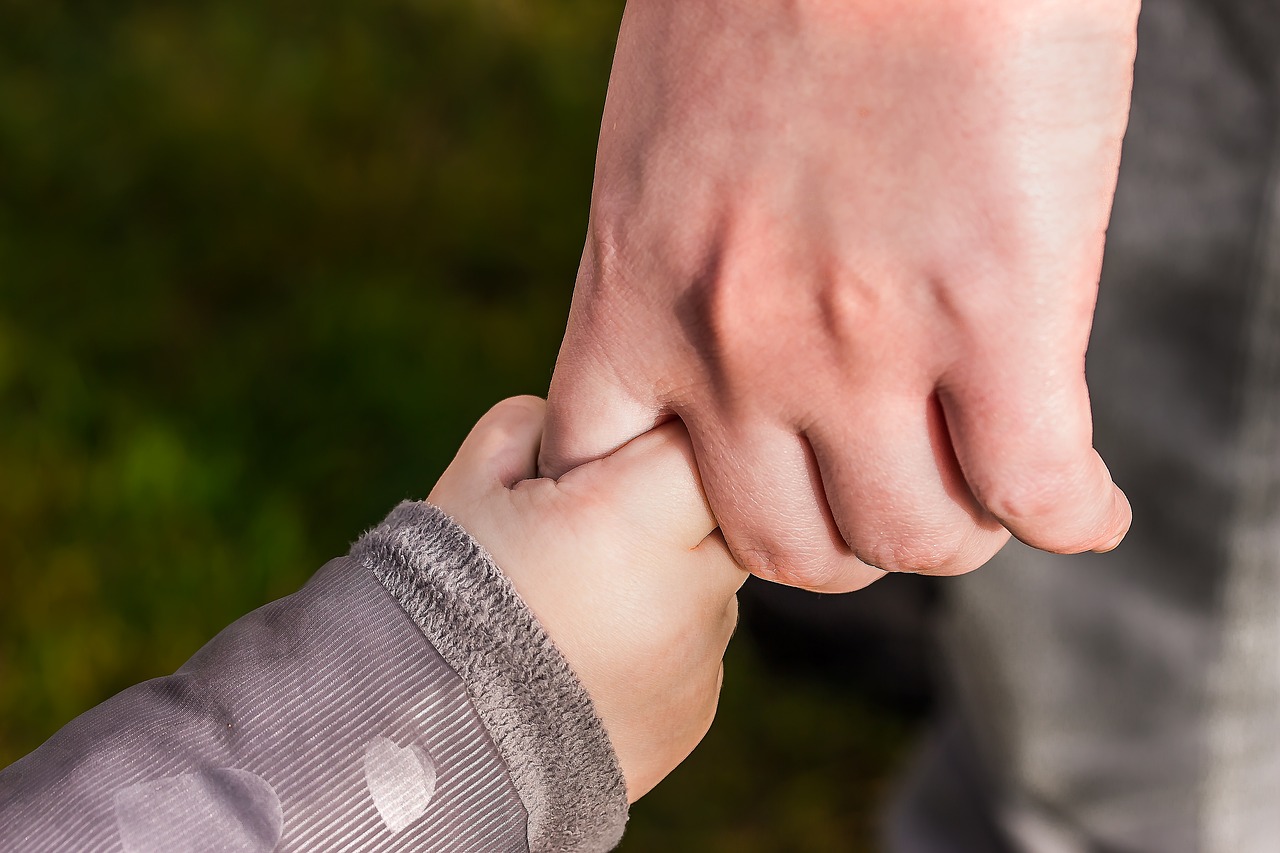“`html
Breakups can be some of the most emotionally challenging experiences in life, leaving individuals feeling lost, hurt, and often uncertain about how to move forward. If you find yourself grappling with the aftermath of a breakup, know that recovery is possible, and you are not alone in this journey. This blog post provides a comprehensive guide to navigating breakup recovery. From understanding your emotions to implementing practical strategies for healing, we cover essential steps to help you reclaim your life after a relationship ends.
The Emotional Rollercoaster of Breakup Recovery
Recovery from a breakup often involves a complex emotional landscape. It’s important to acknowledge these feelings rather than suppress them.
Common Emotions After a Breakup
- Sadness: It’s natural to feel a deep sense of loss.
- Anger: You may feel betrayed or frustrated by your ex-partner.
- Relief: In some cases, ending a relationship can bring a sense of freedom.
- Confusion: It’s common to have mixed feelings or memories of the good times.
Understanding the Grieving Process
Recognizing that breakup recovery involves stages similar to grief can help normalize your experience:
- Denial: You might initially refuse to accept the reality of the breakup.
- Anger: Feelings of resentment and injustice may arise.
- Bargaining: Trying to figure out if things could have been different.
- Depression: Feelings of sadness can become prolonged and overwhelming.
- Acceptance: Eventually, you come to terms with the breakup.
Practical Self-Care Strategies
Engaging in self-care during your recovery can significantly aid the healing process. Here are some practical tips:
Physical Well-being
- Exercise: Regular physical activity boosts endorphins, helping to improve your mood.
- Nutrition: Eating balanced meals can positively impact your mental and physical health.
- Sleep: Prioritize good sleep hygiene to allow your body time to heal.
Mental and Emotional Well-being
- Meditation: Practicing mindfulness can help reduce anxiety and promote relaxation.
- Journaling: Writing down your thoughts can provide clarity and emotional release.
- Therapy: Consulting a therapist can provide professional guidance.
Reconnecting with Your Social Circle
Isolation can compound feelings of loneliness and despair. Reaching out to friends and family can play a key role in your recovery.
Why Social Support Matters
- Emotional Validation: Talking about your feelings can help you process them.
- Distraction: Engaging with loved ones can serve as a healthy distraction.
- New Perspectives: Friends can offer insights and encouragement to help you see things differently.
Ways to Reconnect
- Schedule regular catch-ups with friends or family.
- Participate in group activities you enjoy, such as classes or sports.
- Join a support group, either in-person or online.
Setting Goals for the Future
As you begin to heal from your breakup, it’s essential to redirect your focus toward new goals and aspirations.
Finding New Passions
- Explore hobbies you’ve always wanted to try.
- Take a class to learn new skills.
- Create personal projects that excite you.
Personal Growth Goals
- Set short-term goals: Focus on attainable tasks to build confidence.
- Long-term planning: Envision where you want to be in a few years and work toward that vision.
- Self-reflection: Consider what you learned from your past relationship to inform your future choices.
Remembering It’s a Process
Breakup recovery is not a race; everyone heals at their own pace. It’s crucial to be gentle with yourself as you navigate this transition.
Recognizing Triggers and Patterns
- Identify situations or feelings that might trigger sadness or anger.
- Create strategies to cope when you encounter these triggers.
- Limit exposure to reminders of your ex-partner as you heal.
Celebrating Small Victories
Acknowledge your progress, no matter how small:
- Offer yourself praise for facing your emotions.
- Recognize and celebrate new experiences and connections.
Conclusion
Breakup recovery can feel overwhelming, but it presents an opportunity for personal growth and self-discovery. By recognizing your emotions, employing self-care strategies, leaning on your support system, setting personal goals, and understanding that healing is a process, you can navigate this challenging period more effectively. Remember, it’s okay to seek help and take your recovery journey one step at a time. Embrace the journey toward rediscovering yourself, and take it one day at a time.
“`






